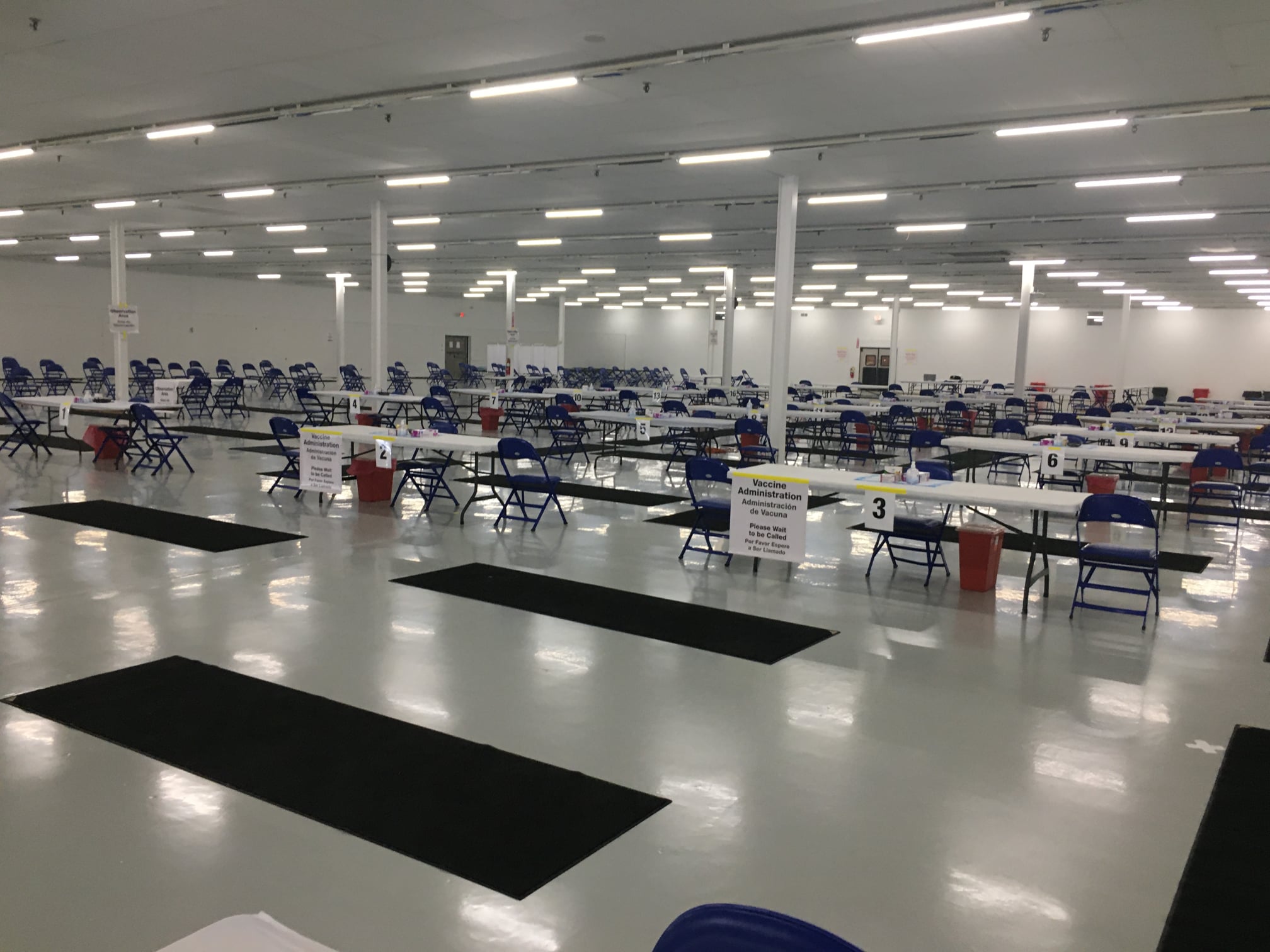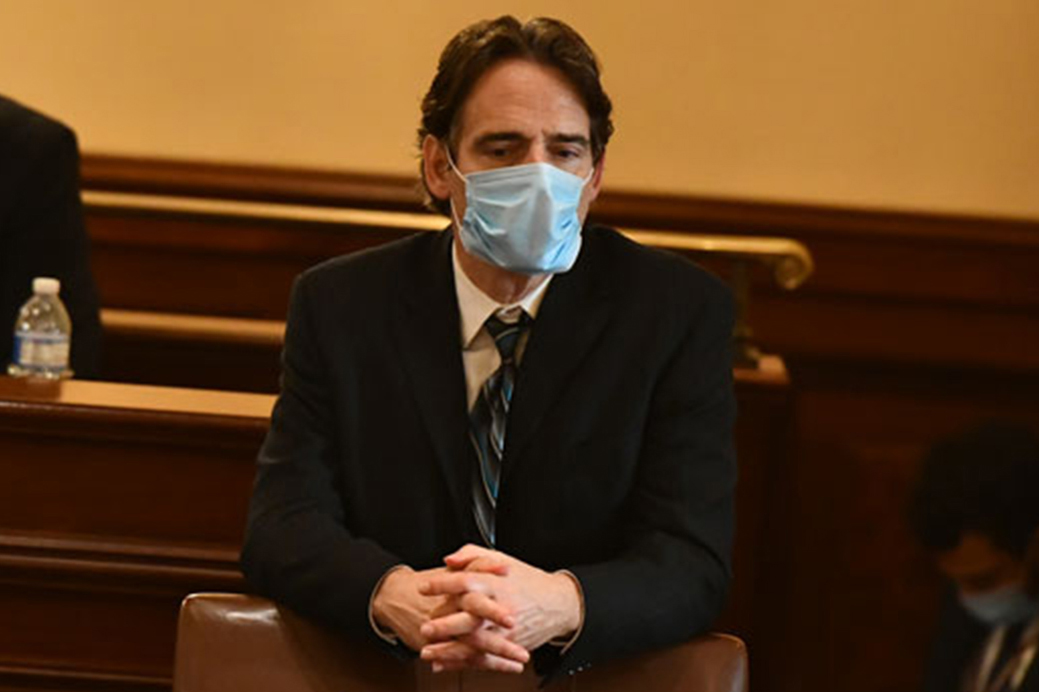- Details
- Category: News

ROCKFORD – As Illinois continues its vaccine rollout efforts, State Senator Steve Stadelman (D-Rockford) is highlighting a state COVID-19 mass vaccination site has come to Rockford.
“I was thrilled when I heard this announcement. This is fantastic news for residents in the greater Rockford area,” Stadelman said. “Ultimately, more than 1,300 residents will be able to receive this life saving vaccine each day when this site is at full capacity.”
Located at 1321 Sandy Hollow Road, the site opened Wednesday, Feb. 23, and is expected to administer up to 1,350 doses per day when it reaches maximum capacity. The governor has also committed to activating additional national guardsmen to assist with the site.
“It’s clear to me that sites like these will be key to ending this public health crisis, but we all still need to do are part until it’s our turn to get the vaccine, so please continue to wear a mask, wash your hands and watch your distance,” Stadelman said. “I’d like to thank the state and the Illinois National Guard for their continued commitment to Rockford and Winnebago County.”
There is no charge to receive the COVID-19 vaccine. Vaccinations are available only by appointment at this time. Eligible people can sign up for an appointment at www.wchd.org, and will be prompted to schedule their follow up appointment to receive their second dose when they come in for their first vaccination. Residents are encouraged to check back frequently for open appointments.
For more information on how to make an appointment to receive the vaccine, updates on the state’s plan and eligibility, and answers to frequently asked questions about the COVID-19 vaccine, go to coronavirus.illinois.gov.
- Details
- Category: Press Releases

SPRINGFIELD – State Senator Steve Stadelman (D-Rockford) released the following statement in response to Gov. Pritzker’s budget address:
The governor's proposed budget recognizes the realities of the state's fiscal situation. In these trying times, we need to make sure we take care of our most vulnerable. I was pleased to see additional resources to help the state provide unemployment benefits and meal delivery services for seniors. While I don't agree with every aspect of this plan, I believe it attempts to make the best out of a difficult situation.
- Details
- Category: Press Releases

ROCKFORD - State Senator Steve Stadelman (D-Rockford) released the following statement after the Illinois Gaming Board’s decision to preliminarily approve the Rockford Hardrock Casino Thursday:
“I’m pleased with the gaming board’s decision to preliminarily approve the Rockford Casino. This project will bring millions of dollars in revenue and thousands of jobs to the greater Rockford area.”
“I look forward to continuing to work with the gaming board as we take another step forward in this process.”
- Details
- Category: Press Releases
 ROCKFORD – The Illinois Criminal Justice Information Authority (ICJIA) has announced a series of grants to organizations in communities to reverse decades of disinvestment. State Senator Steve Stadelman (D-Rockford) was pleased that Rockford-area organizations received more than $1.5 million for programs to boost economic development and prevent violence.
ROCKFORD – The Illinois Criminal Justice Information Authority (ICJIA) has announced a series of grants to organizations in communities to reverse decades of disinvestment. State Senator Steve Stadelman (D-Rockford) was pleased that Rockford-area organizations received more than $1.5 million for programs to boost economic development and prevent violence.
“The organizations who will receive the funds do great work that help boost up and support disadvantaged communities," Stadelman said. "I would like to commend them for all the good they do and congratulate them for earing the grants, and I look forward to seeing the additional help they’ll now be able to provide.”
More Articles …
Page 60 of 128



